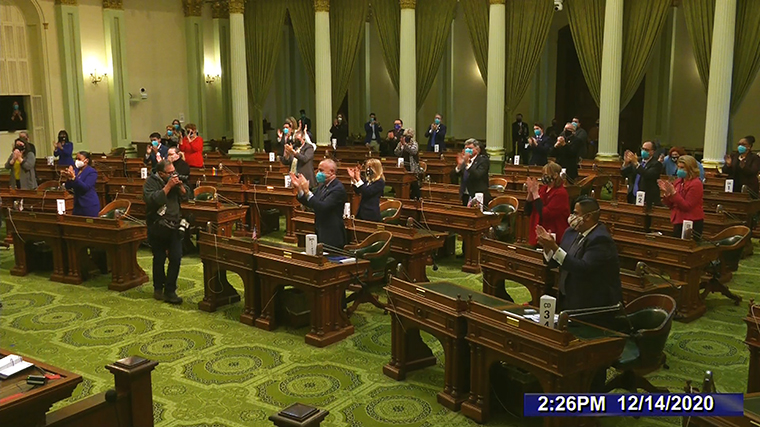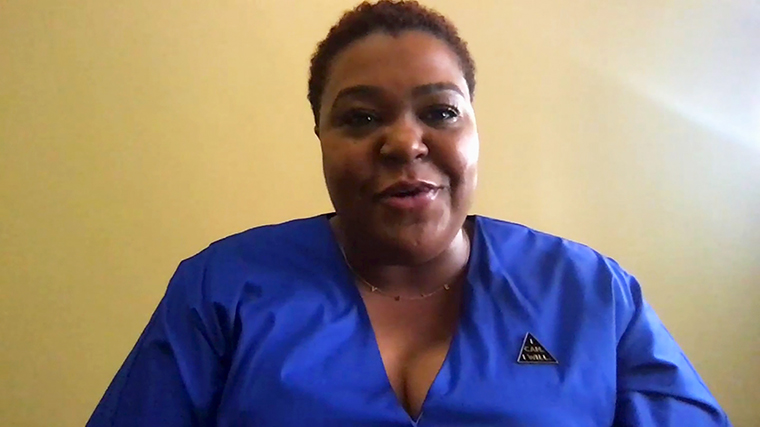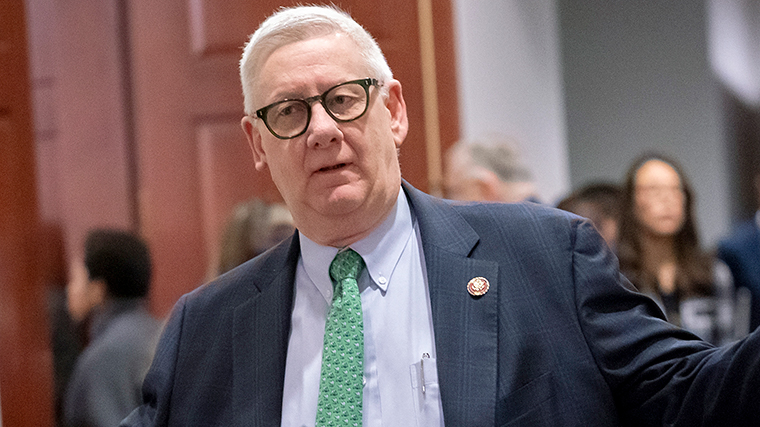CNN's Zachary B. Wolf is answering questions from readers about the Electoral College. You can ask your question here.
Here's a question from Cathy in Hawaii:
I am seeing conflicting information about what happens if conditions are met that require the two chambers of Congress to meet separately to consider a challenge by a congressional member to the results of the Electoral College's reported results. One reports that each chamber would then meet separately from the other to consider, then vote, with each senator and each representative having one vote, whether to support the challenge or not. In this scenario, Joe Biden would likely prevail. The other reports that each chamber would do the same EXCEPT in the House each state will have only one vote, not each representative – which would mean Trump would likely prevail. Which is correct? And would you provide a link to the description of this process of the laws covering such a possibility in our Constitution?
Thank you for this very detailed and incredibly important technical question. Let me start at the end, where you ask for specific links to US law. Here’s a link to Title 3, section 15 of US Code, “Counting Electoral Votes in Congress,” which is about as impenetrable of legalese as you’re likely to see.
To your point, let me clarify the smart issue you’re raising:
- It is expected that House Republicans will object to the electoral vote count after it takes place Jan. 6. After the votes are counted by Vice President Mike Pence – in his capacity as president of the Senate – and he announces the winner, lawmakers have the ability to raise objections.
- If a senator joins in one or more of these objections, then the House and Senate go to their respective chambers and consider the objections.
- If both chambers sustain the objections, a state’s electors could be discarded.
Ultimately, if electoral votes cast today are rejected this way, and as a result Biden doesn’t get 270 electoral votes, then the House picks the next president. And, as you note, House members would vote as state delegations in this process to pick the President — 50 total votes.
But the question is about the objections by which Republicans would seek votes to discard electoral votes. In these votes would they vote as state delegations or as members of Congress. If they vote as states, that benefits Republicans, who control more state delegations. If they vote as individuals, with 435 total votes, that benefits Democrats, since they hold a majority in the House.
The answer is that they would vote as individual members and Democrats should be able to defeat any objection.
Here's why: While law linked above does not say specifically how congresspeople would vote, these objections about electoral votes have been raised twice before and in both instances, the House voted as a 435-member body, according to footnotes in this Congressional Research Service report.
In 1969, an objection was raised about a faithless elector who voted for George Wallace. The House and Senate both considered it and the House voted as a 435-member body. In 2004, California Sen. Barbara Boxer and Ohio Rep. Stephanie Tubbs Jones – both Democrats — objected to the electoral votes from the decisive state of Ohio. Again, the House voted as 435-member body.
It’s not at all clear how many Republicans in either the House or the Senate would vote to ignore voters and prop up a second Trump administration.









